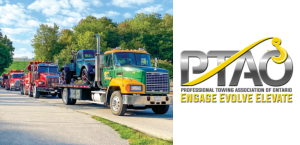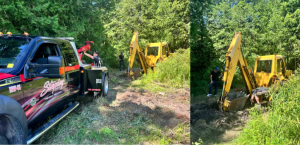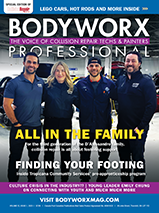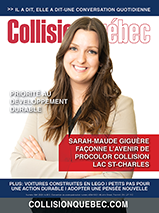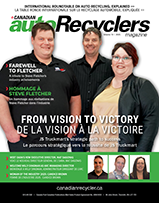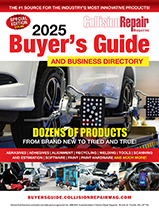By CTAR Staff
Richmond Hill, Ontario–October 28, 2013–City officials are optimistic that a bylaw proposing to expand licensing for towing operators will be passed after a final City Council vote.
After two years of pursuing a governance framework to oversee the towing industry, Richmond Hill city council hopes new licensing requirements will better regulate how operators approach towing drivers’ vehicles.
The bylaw was passed by the committee on Oct. 21, detailing licensing guidelines in addition to setting the rules on how much tow truck drivers may charge car owners when towing their vehicles and how tow truck operators must act at a towing scene.
It has garnered tremendous support from residents, the insurance industry and the Canadian Automobile Association. Local residents particularly pushed for an expedited passing of the law to seek fairer protections similar to those in surrounding municipalities.
The proposed bylaw calls for an accident scene towing rate of $250, however some companies in the as-yet-to-be-regulated municipality have charged fees much higher than the $250 figure. Some companies have self-regulated their rates, such as North American Auto Accident Pictures towing division which charges $350 per tow.
The bylaw, which was unanimously passed by the committee, will be debated by City Council on Oct. 28. If the bylaw is passed, it will come into effect on Mar. 31, 2014.
For more on Richmond Hill’s towing license bylaw please read “Bylaw to limit towers’ access to accidents scenes” on TowProMag.com.
Update:
Richmond Hill city council unanimously passed the towing licensing bylaw on Oct. 28, 2013 without debate. The new bylaw was confirmed to come into effect on Mar. 31, 2014. Although the bylaw’s passing was preceded by two years of furious debate, towers within the municipality will now have to comply with the City’s new regulations. It is expected that over 300 tow truck operator licenses will be processed by the City, with an additional 150 truck licenses expected to be processed over the first year of the program. Committee staff intend to hold bi-annual meetings with industry stakeholders to further adjust and fine tune the bylaw, and will report back to City Council in two years.


